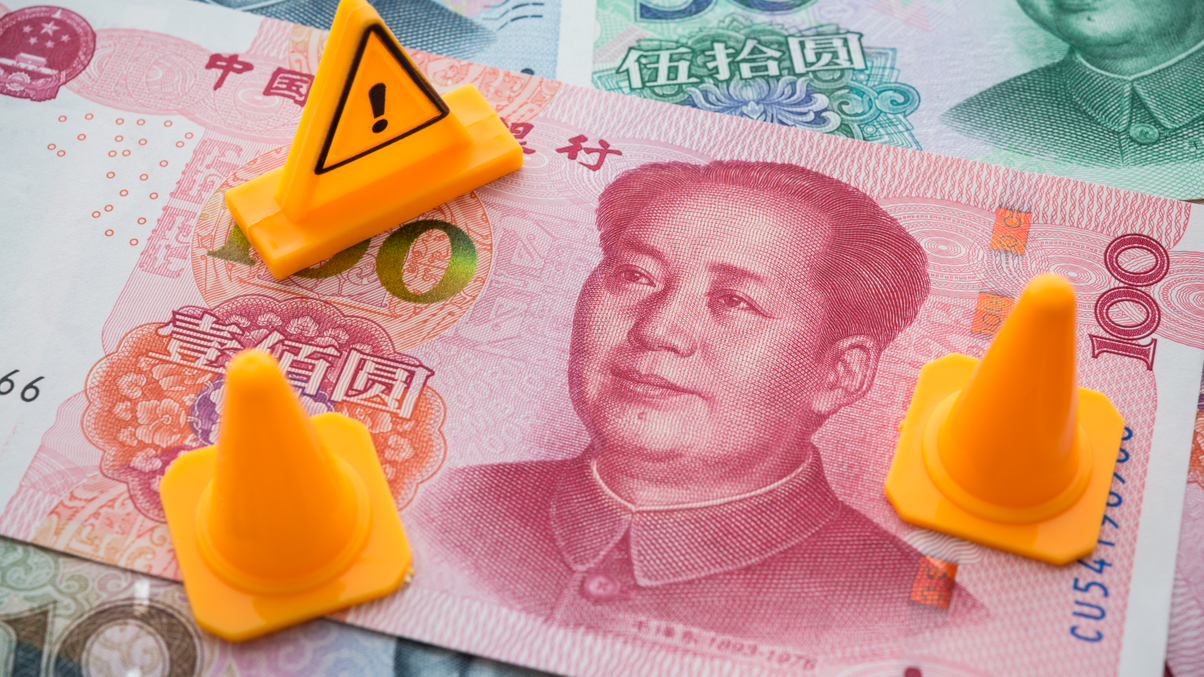RMB depreciation fears could hurt China’s attraction
The ratcheting of US-China trade tensions could lead to a possible devaluation in the renminbi, which would damage the case for holding Chinese assets.

Potential escalations in the trade tirade between the US and China has not come at a good time for would-be China investment bulls. Increasingly bellicose language and threats could further weaken the country’s currency and weaken the appeal of its assets with foreign investors who until recently had been eager to acquire them.
Sign in to read on!
Registered users get 2 free articles in 30 days.
Subscribers have full unlimited access to AsianInvestor
Not signed up? New users get 2 free articles per month, plus a 7-day unlimited free trial.
¬ Haymarket Media Limited. All rights reserved.


